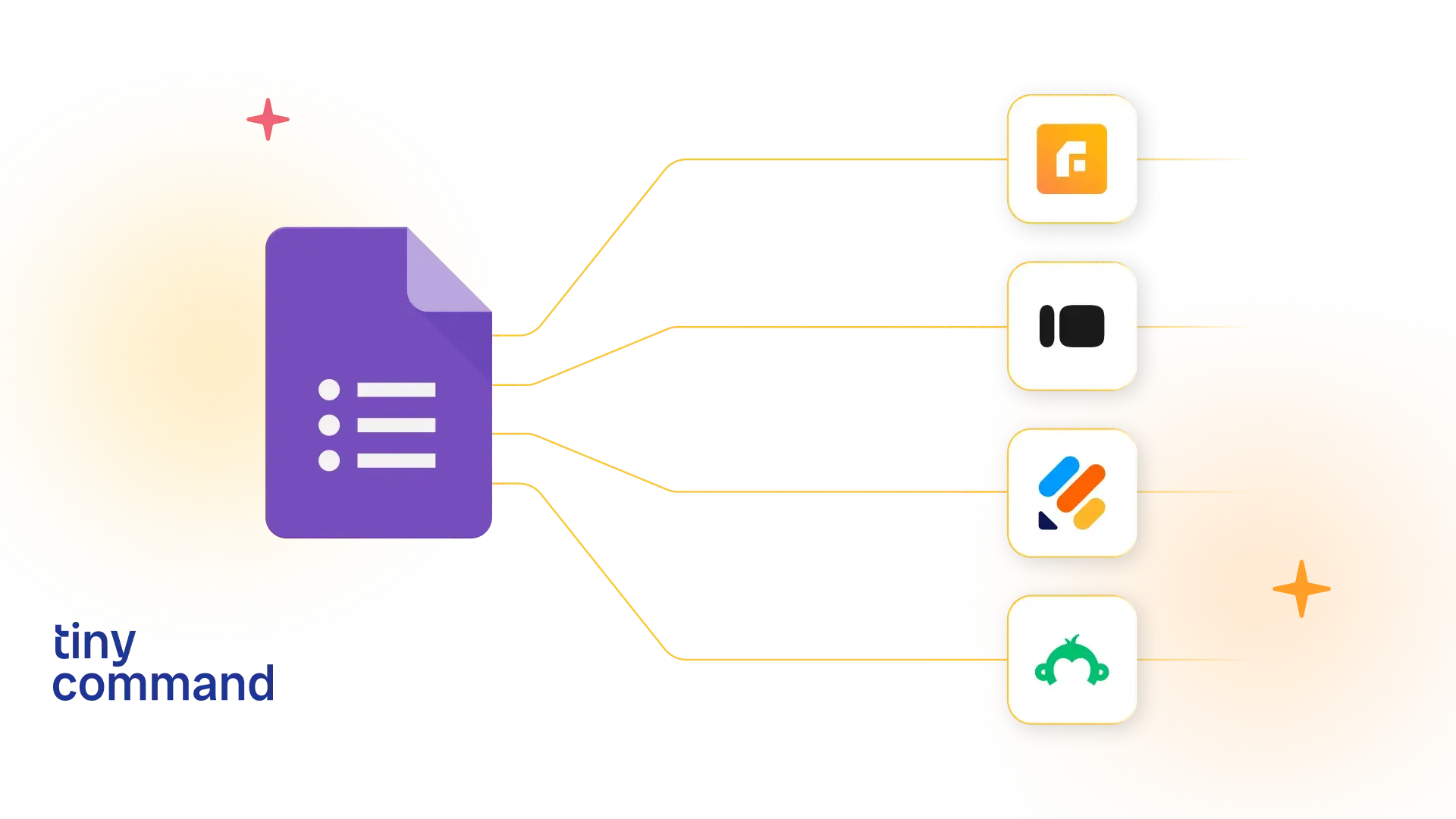
Why data-driven decision-making is key for marketing automation specialists
In today’s dynamic business environment, intuition alone is no longer enough for effective marketing. Relying on guesswork or outdated processes can lead to inefficiencies and lost opportunities, ultimately costing businesses their competitive edge.
On the other hand, the power of data-driven decision-making is undeniable with statistics revealing that data-driven organizations are 23 times more likely to acquire customers. They achieve such results by blending actionable insights with automation to craft marketing strategies that deliver high ROI.
But how exactly do they do that?
The role of data in modern marketing
Data in modern marketing has evolved far beyond simple metrics like website traffic or app usage. It now provides in-depth insights into consumer behavior, shopping patterns, and purchasing preferences - critical information for marketing automation specialists. With the rise of multiple marketing channels, the scope for data analysis has further expanded. Specialists can leverage detailed metrics such as click-through rates (CTR), bounce rates, and cost-per-lead (CPL) to design and execute highly targeted campaigns tailored to specific audience segments. Take the example of A/B testing in email campaigns. Marketing automation specialists can now use email automation tools to test multiple email versions and analyze performance data to determine which one drives higher engagement. Earlier, businesses had to launch campaigns with a low certainty of success. But features like A/B testing and others help businesses invest in marketing with more confidence.
Key benefits of data-driven decision-making

- Enhanced personalization: Personalization as a core experience strategy is becoming the norm, and data is making it all happen. Marketing automation specialists can use several tools to gather and analyze data from customer touchpoints like browsing history, interactions, and previous purchases to interpret what the users want. This allows the curation of highly relevant, personalized campaigns.
- Improved ROI: Another benefit of data-driven decision-making is ensuring optimal budget allocation. By analyzing historical data, marketers can identify the characteristics and behaviors of high-potential audiences. This permits for precise targeting, reduced waste, and an increased likelihood of conversions.
- Real-time performance tracking: Real-time data enables marketers to monitor campaign performance and make on-the-fly adjustments to improve outcomes. For example, a food delivery app tracks click-through rates on a live promotional campaign and notices low engagement in one city. By quickly updating the promotion with a more appealing offer, they boost engagement and achieve the campaign’s goals without delay.
- Precision targeting: Data also helps automation marketers create audience segments based on demographics, behavior, and interests. This, in turn, results in high precision within campaigns, reducing useless ad spends and boosting conversion rates, as it focuses on individuals who are more likely to take action.
- Customer retention and loyalty: Customer data reveals a lot, including the possibility that customers might slip away. Marketing automation specialists can analyze this and take action to keep customers engaged. By noticing patterns in their buying habits or how often they interact, marketers can create strategies to hold attention and reduce churn.
Tools and techniques for data-driven marketing
Valuable data doesn’t just appear on marketing automation specialists’ screens every morning; they have to use several analytical platforms and CRM systems such as:
- HubSpot: This is a powerful CRM platform that helps businesses manage customer interactions. Automation marketing specialists use its tools to track metrics like conversion rates, engagement levels, and email performance.
- Sales Force: A widely used CRM system, SalesForce tracks customer interactions and streamlines marketing campaigns. It offers crucial data on customer lifecycle stages, segmentation, and sales forecasting, which allows marketers to manage relationships and optimize sales efforts.
- TinyCommand: A versatile tool designed to utilize brand-specific insights. It empowers marketers to create automated workflows that simplify complex requirements, ensuring seamless campaign execution.
What makes these tools even more powerful is that they consolidate data from various channels and platforms to help automation specialists look at the bigger picture and create a unified workflow. Moreover, this data consolidation allows them to spot unique customer patterns, anticipate their actions, and craft tailored strategies that deliver high conversions.
Practical tips to embrace data-driven decision-making
Data-driven decision-making has become more of a necessity than a trend. Most businesses across industries consistently rely on data to achieve higher profits. And thanks to the launch of marketing automation tools, it’s not a tough task either.
- Start small: If you are skeptical about investing in new tools, start by focusing on one campaign or a metric. Test it and use the data to make smaller decisions. Once you are confident that your approach works, you can slowly add more data metrics to optimize your strategies.
- Invest in training: To get the best out of tools and techniques, you might need some training. So, invest in upskilling to ensure you can use the tools to their full potential and deliver better data-driven strategies.
- Use case studies: You don’t need new strategies to incorporate data into decision-making. Instead, implement strategies that have been tried and tested. Identify organizations in your industry that excel at using data and study their approach thoroughly. Extract best practices from these examples and tailor them to fit your business needs.
- Iterative approach: Use data to test, learn, and refine campaigns continuously. You can achieve better outcomes over time by evaluating performance and making adjustments.
Data is a strong currency and marketing automation specialists need to spend it wisely. Today's automation tools do more than just offer real-time insights - they consolidate data from different channels, giving us a much clearer picture to make smarter decisions.

.png)
.png)

